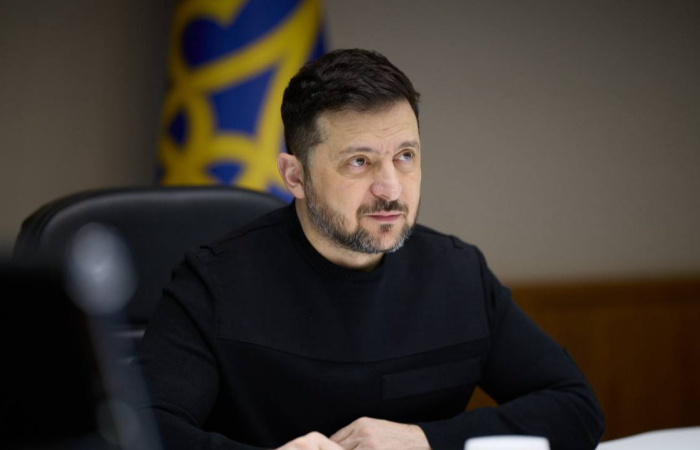The European Union will not suspend educational exchange and mobility programs for Georgian students, despite the suspension of funding for initiatives that directly benefit the Georgian government, the EU press office confirmed in Brussels.
“No, we are not going to stop Erasmus+ mobility and exchange programs with Georgia. The EU has suspended programs that directly benefit the Georgian government. Young people are at the forefront of the effort through which Georgia should continue on its path to the EU. The EU will continue to stand by them,” the EU Press Office told IPN’s special correspondent.
The announcement comes at a critical time, following the German Federal Ministry of Education and Research’s decision to freeze the planned upgrade of scientific cooperation with Georgia. The move, disclosed on February 26, has raised concerns among Georgian citizens about the potential for broader educational restrictions from the EU as well.
According to the German ambassador to Georgia, Peter Fischer, the decision was taken because of ‘Georgia’s curbs on academic freedom and the suspension of its EU accession’. However, Fischer clarified that existing German funding of nearly one million euros for education in Georgia will remain intact. In addition, DAAD scholarships – primarily for graduates, doctoral students and postgraduates – are currently unaffected.
Georgian Dream’s Minister of Education, Aleksandre Tsuladze downplayed Ambassador Fischer’s statement, saying that the decision relates to a “temporary suspension” of yet-to-be-launched future cooperation between the two countries’ ministries, and stressing that ongoing programs are unaffected. He also said that with this decision, which he noted was made on February 20, days before Germany’s federal elections, the German Minister of Education sought “to leave an obscure legacy” for the new government and “bring dissonance in relations between the two countries.”
The German Embassy also emphasised that the BMBF remains open to resuming dialogue if the Georgian authorities take “credible and tangible steps” toward internal de-escalation, the restoration of academic freedom, and a return to the European integration path.







